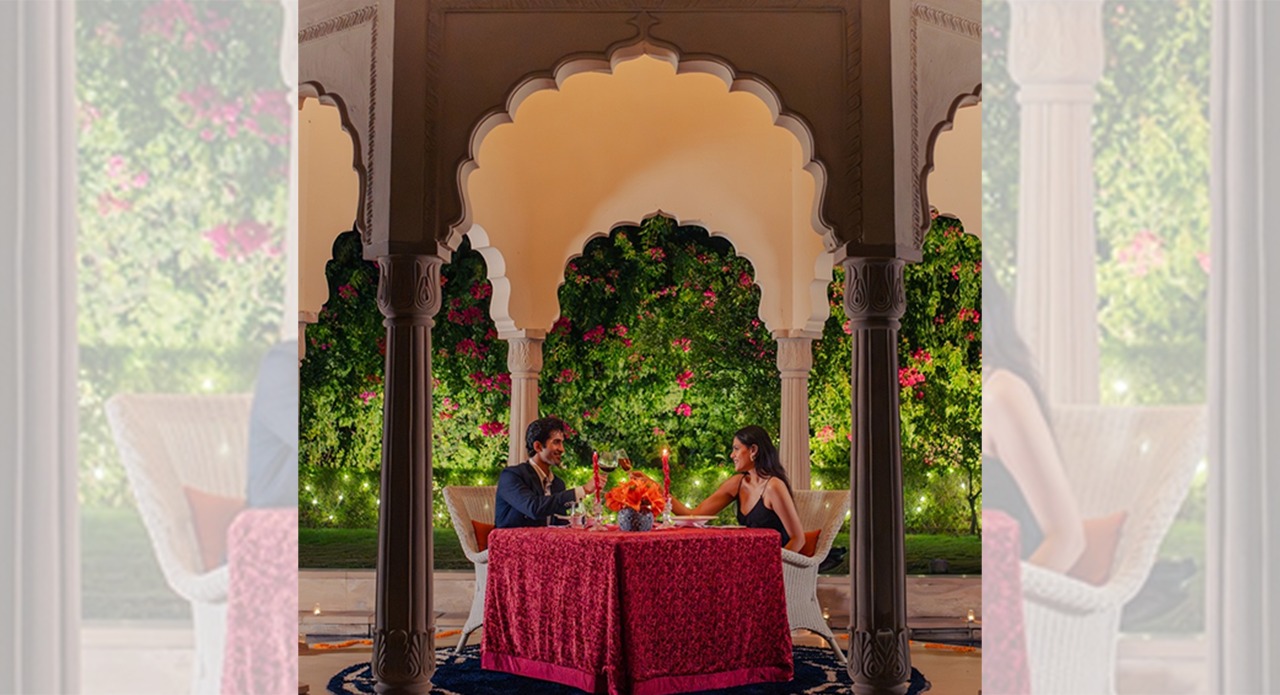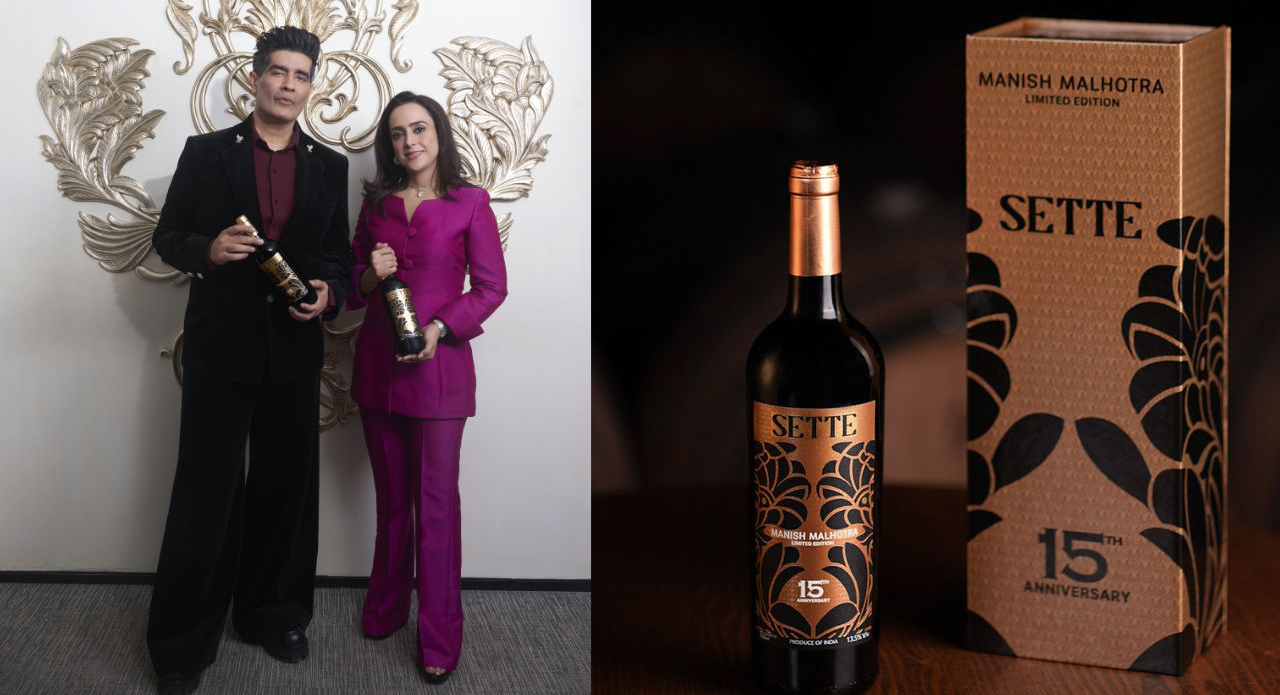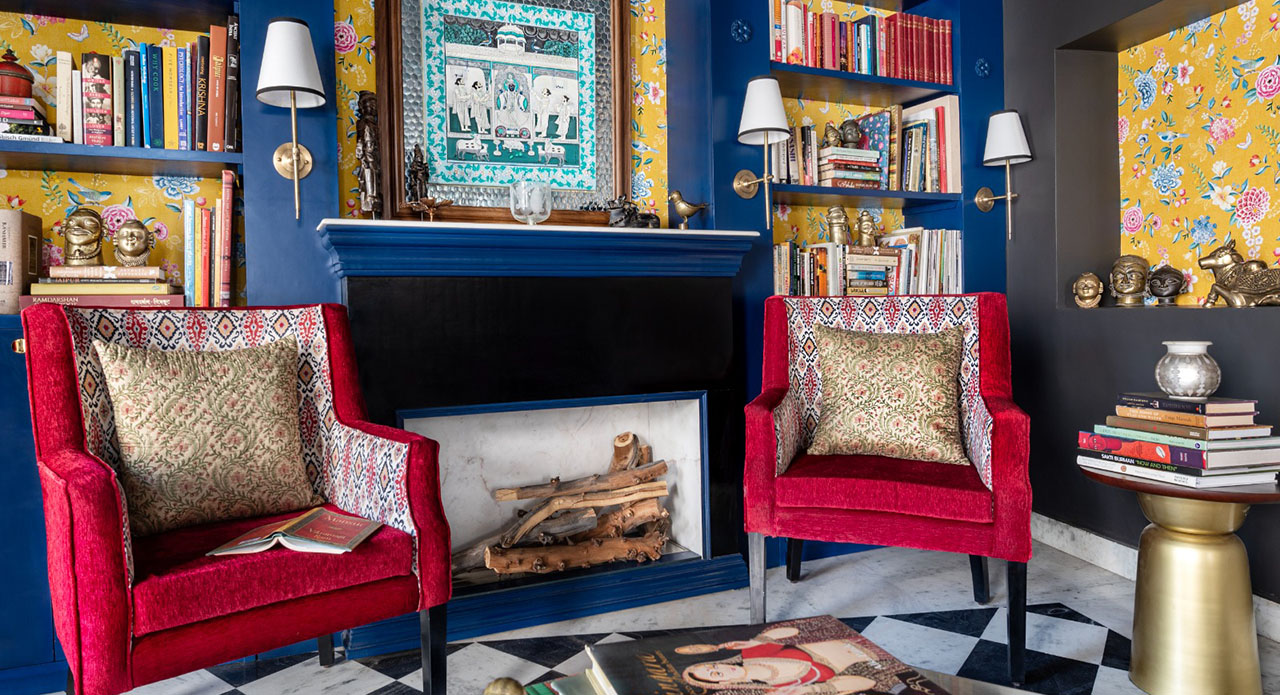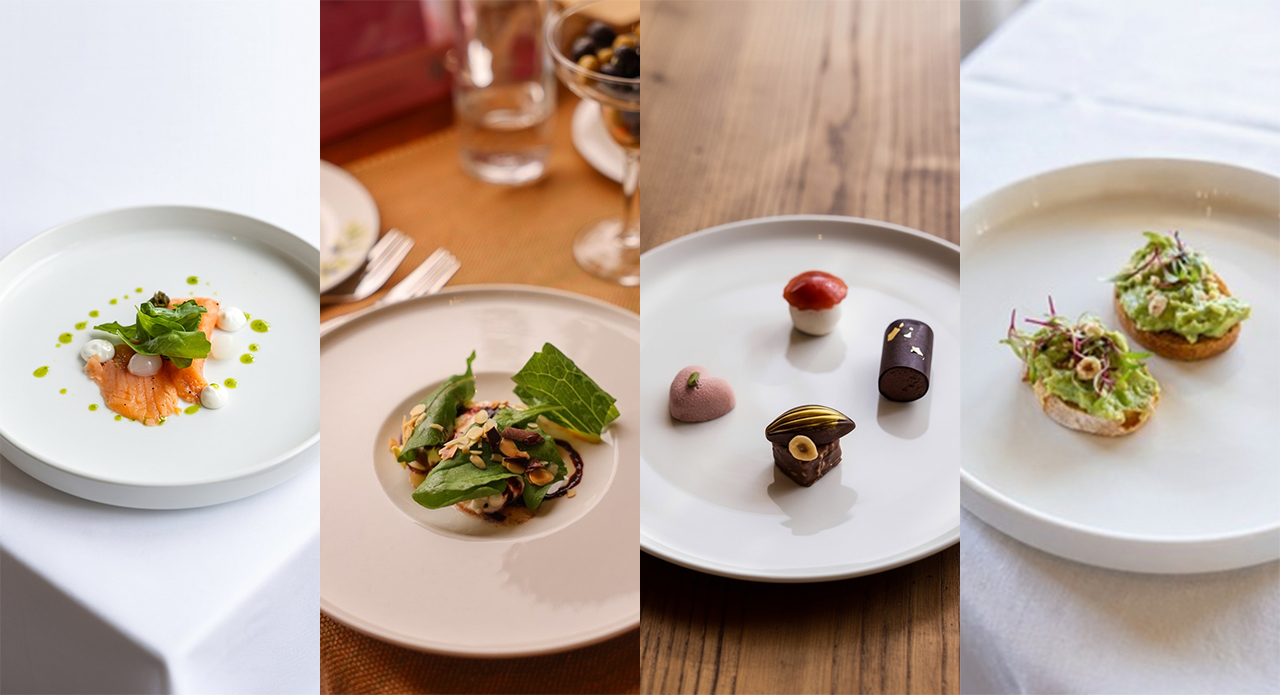The conference room held a stack of plates piled up and behind it sat the man I had come to meet—Chef Marco Pierre White, dressed in chef’s whites, diligently signing each plate.
View this post on Instagram
The legendary “bad boy” of professional kitchens has an envious number of world records and achievements under his belt, including being the youngest chef to be awarded three Michelin stars in 1994 and later renouncing them in 1999. At the peak of his career, he mentored culinary masterchefs such as Gordon Ramsay, Eric Chavot, Heston Blumenthal, Bryn Williams, Thierry Busset, Jason Atherton and James Stocks. In 1999, he chose to retire from his profession as a chef and began his entrepreneurial journey starting with White Star Line to run a chain of eponymous restaurants. He currently runs The Rudloe Near Bath, a hotel which has been described as a ‘restaurant with rooms’. The two restaurants, Garden Room and Mousehole Bar, are personally overseen by Pierre White.
View this post on Instagram
Despite being trained in French culinary techniques, Pierre White, who is considered the godfather of modern cooking, is a staunch traditionalist. His disdain for contemporary haute cuisine with delicate plating and desgustations is no secret. This is also why he loves India. The dichotomy of the “haves” and “have-nots” intrigues him, while he marvels at the nuances of the local culinary culture and generational cooking knowledge passed down the generations.
Over the last five years, Chef Marco Pierre White has visited India seven times, the latest being two months ago for a three-city private tour to Mumbai, Delhi and Bengaluru, organised by World On A Plate and presented by Kotak Private.

My chat with the chef was as organic as possible. The free-wheeling conversation was full of banter and deep introspection. Each of my questions was met with one of his own in return, as we dug deeper into what it means to be a human, a chef and how to truly appreciate the simplicity of life.
Edited excerpts:
1. This is your seventh visit to India, what keeps you coming back here?
The food is so good in India that I could live here. The world is such a beautiful place but it’s the food that matters most. I’ve travelled all over the world; there are certain places that are very beautiful, but the food is shockingly bad. India has one of the greatest cuisines in the world. No one else has the knowledge and the ability to use spices as Indians. The variety is incredible, and what’s most remarkable is that everything feels uniquely Indian, despite the influence of so many cultures over centuries. What I love is a well-made biryani, but only with mutton—no chicken or prawn for me. I need the bones. I’m obsessed with bones. If I get reincarnated, I think I’d like to come back as a dog (laughs).
2. Apart from India, which are the other countries that top your list?
I’ll have to say Italy, France, Spain and the last one would be Ireland. Ireland has a very low population and is very green and beautiful. The food is honest—you eat well in Ireland. 20 years ago, you wouldn’t have said the food was great there, but it’s changed. In certain countries in Europe, like England,there has been a great gastronomic revolution in the last 35-40 years. Ireland has seen a similar transformation. I enjoy the food, its honesty, and the people who play a big part as well.
Read Also – 14+ New Spirit Launches To Celebrate The Festive Season
3. You’ve said that you learn something every time and take something back from India every time. What was it this year?
Every time I leave India, I feel the same emotion—guilt. I feel riddled with guilt because India gives me more than I give back to India. It makes me feel very privileged. Coming from the poorest side of society in the UK, I understand that world very well, perhaps not to the same extreme, but I get it. I appreciate something as simple as someone giving a cup of tea here. It has great meaning and value. I think if you wrap yourself in all the materialism, you become numb. That’s why I find India to be the most spiritual country that I’ve ever been to.
View this post on Instagram
4. How have you seen the gourmet dining evolve over the years?
It’s a canape party, isn’t it? In the sense that you don’t have a choice—you’re told what you’re eating and then you’re given a number of courses. They bring you a little knick-knack on a plate, tell you what it is, and how to eat it. And before you know it, they’re back asking if you enjoyed it. You have to wait longer for the next course to appear. This is my idea of hell! I like to eat and indulge and hence I like Indian cuisine. You can never go hungry in India; they overfeed you most deliciously. That’s why there’s a realness to Indian cuisine and that’s why it should never be little knick-knack portions. Indian cuisine is designed to be a feast.
5. You do not believe in plated dishes?
I feel it’s an easy way out! Look at it this way, if you’ve got a table of two and they order scallops, they will get two scallops each. How hard is it to cook two little scallops? The preparation for smaller plated portions is a lot less and so is the cost. It boils down to the economics. Mathematically it makes a lot of sense. You also don’t need the number of chefs in the kitchen and you’re not buying as much food. If you come to my restaurant, you’ll get ten scallops between the two diners, five each. Or, if you’ve ordered langoustines with truffle, you will get five a portion. Cooking ten for two people is harder than cooking two for two people. For me, that is not an experience that evokes an emotional response.
View this post on Instagram
6. But isn’t that just the business of running a successful restaurant?
If you say it’s just business, then where’s the romance and the emotion in cooking? It’s become a masterclass in technical ability rather than offering diners something emotional. I remember the time when my industry was romantic. Today, majority of the menus in the UK are written by accountants, British pubs have been taken over by chain restaurants, and hotels that were privately owned are part of conglomerates. I’ve never done anything for profit. If I made money, it was by default. But I do my job well. I respect profit—I understand that to turn dreams into reality, you need to make money. But I maybe I’m just a rarity.
7. In India, there is a lot of interest in investing in the restaurant business and profit plays a big role in the decision-making. What would be your advice to these investors?
Don’t invest in the high-end. It depends on what you want. Do you want a rollout that is pure profit or do you want to build a flagship or a trophy? People who tend to have made money want trophies because they want status. If they get status, they want money, don’t they? The question you need to ask is, what motivates you? That’s the right question to ask first.

8. What motivates Marco Pierre White?
What motivates me is romance and beauty. When you’re motivated by romance and beauty, you’re not ruled by money. You have to be very lucky to survive I agree and I was very fortunate that everything happened by default in my life. I think I am a blessed child. I’m not clever enough to make money by being clever.
9. What would you say has worked out in your favour?
I think it is the opportunity, say for example, of being invited back to India. Of all the chefs in the world, I’ve been lucky that I get invited all around the world to work, and to see what happens in the world. By being exposed to all of that, it broadens my vision of life with food.
10. You said that you’re always in search of romance and beauty. Where do you find inspiration?
I always look at romance as the only thing that never goes out of fashion. I’m also a great believer in the struggle of life. I always put myself in a position where I struggle. Without struggle there’s no appreciation for simplicity. And neither the inspiration to ignite the imagination. We must, metaphorically, strip ourselves of all privileges to constantly appreciate everything we’re given, no matter how small or simple.
View this post on Instagram
11. Do you think there is a change in the profession today?
I used to work 100 hours a week as a cook and was always behind my stove. I came from the old world of gastronomy, so my beliefs are very different than those of the modern-day chefs. I was a person who chose to allow my insecurities to drive me. I was fuelled by the fear of failure, of being sacked, of not being accepted and of not being good enough. That’s why I looked exhausted. I came from a very hard world, a very messed up world. I came from the tail end of Escoffier’s world and I saw the beginning of the modern world. The truth is that modern-day cooks are a product of their world, you can’t blame them. They crave fame, a spot on television, and a presence on social media.







